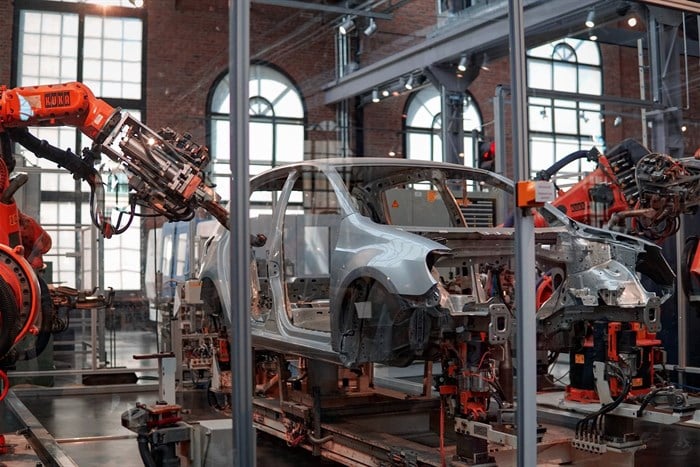Vehicle manufacturing is the third-largest manufacturing industry in South Africa, and Europe represents 44% of the current vehicle export market. However, the European Union (EU) is set to put an end to the sales and purchasing of gasoline-powered vehicles as early as 2030, in favour of electric vehicles (EVs) and other green transport solutions.
This poses a significant threat to our manufacturing sector and our economy as a whole. The recently opened production lines at Ford, intended for EVs, ultimately turned to rolling out more gasoline-powered cars, and currently, we have no ability to produce greener transport.
We need to start implementing and ramping up EV production capability as a matter of urgency, and a temporary employment services (Tes) provider can help.
Imports only
In terms of South Africa’s own energy transition, because all of the currently available electronic vehicles are imported, EVs are currently out of the price range of the majority of consumers, which poses another problem. While new models are going to come into the market in future, if they could be locally manufactured, they would become more affordable and would also carry a reduced carbon footprint, making them a more attractive option.
The reality is that there is no need to import these vehicles when we have production capacity locally. The lines of our plants must be extended to begin to introduce EVs as part of manufacturing capability. With growing choice and availability will come increased adoption levels, which will then allow manufacturers to scale out further and grow the market.
Perfectly placed
With our major export market under threat, the vehicle manufacturing sector needs to undergo a significant overhaul to ensure its continued future. We will need to build capacity in EV manufacturing as well as the manufacturing of key components required in the EV industry. South Africa’s transportation infrastructure and geographic location makes it an ideal location to establish an EV manufacturing hub, but this will take time, and if we delay any longer it will effectively be too late.
The opportunity exists and the supply chain is already beginning to formulate itself, with lithium-ion battery facilities being opened in the Vaal area and the Western Cape and petrol stations increasingly beginning to incorporate charging stations at their operations. However, there is a lot of work that still needs to be done.
We have to start somewhere
The reality is that if we do not begin, we will be left behind and an entire industry that contributes significantly to our economy will be left behind. Vehicle manufacturers need make this part of their agenda as a matter of urgency, even if they begin with a single model and scale as demand grows.
To do this, we also need skilled workers. By looking to a Tes provider that delivers turnkey employment solutions, the vehicle manufacturing sector can speed up the rollout of EV manufacturing. The conversion of lines to EV manufacturing can be run as a Business Process Outsourcing (BPO) solution, turning this into a productivity-based model to ensure efficiency.
In addition, a Tes partner offers flexible staffing solutions, the ability to manage HR and recruitment as well as the capability to create and run skills development and transfer programmes. A specialist Tes provider in the EV sector would be an ideal long-term partner in saving South Africa’s vehicle manufacturing industry.


















































